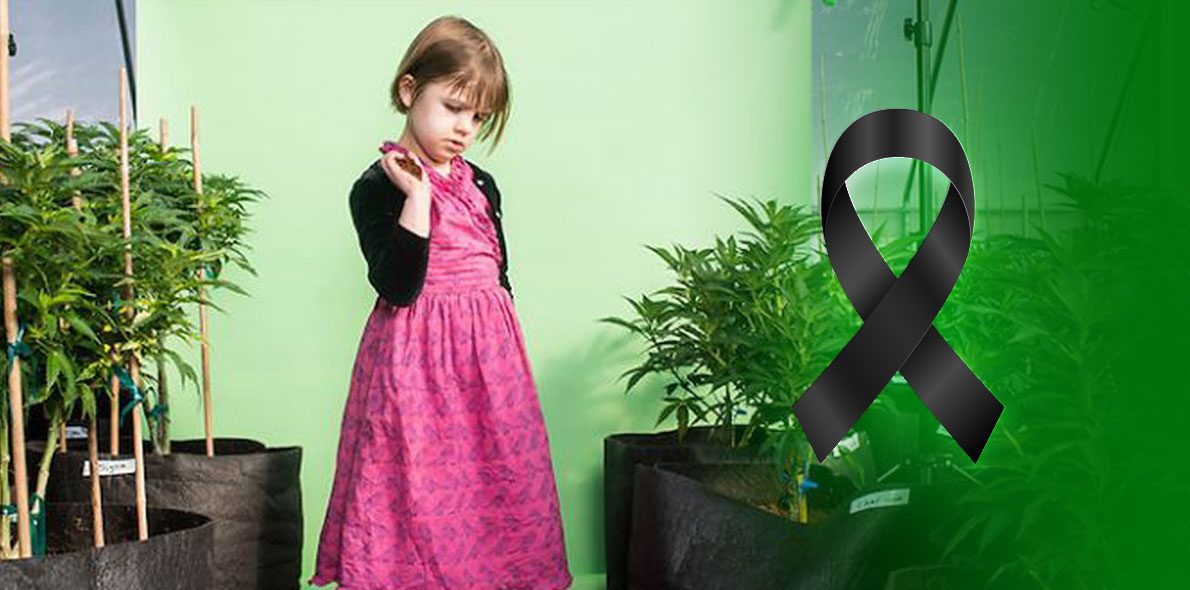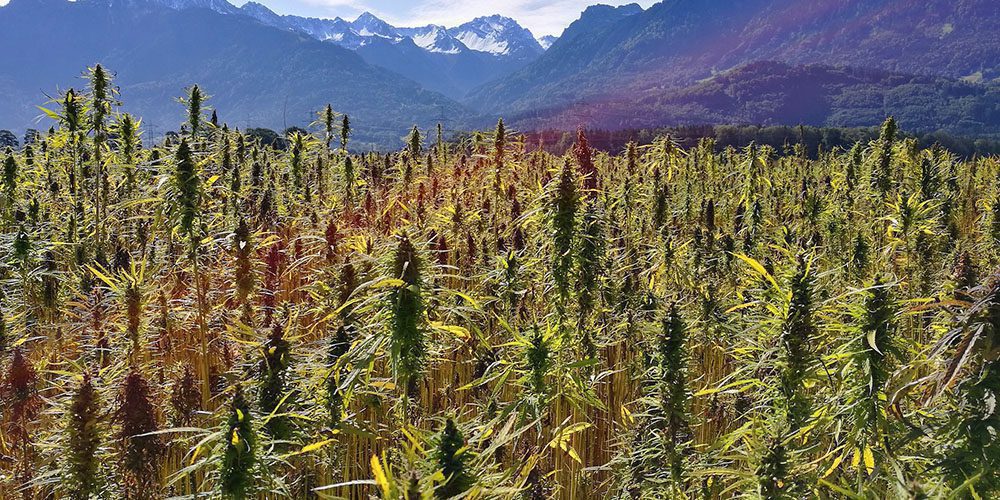
RIP Charlotte Figi
It is with great sadness that we learned of the recent death of Charlotte Figi (Colorado Springs, October 18, 2006 – April 7 2020) at age 13. From Kannabia Seeds, we want to send our…
Iberian Peninsula express shipping
0€ Orders over 60€
*6€ orders under 59€
East, West, South Europe express shipping
0€ Orders over 150€
*18€ orders under 149€
North Europe express shipping
0€ Orders over 160€
*20€ orders under 159€
Ireland, Norway, UK normal shipping
0€ Orders over 60€
*6€ orders under 59€
Rest of the world normal shipping
0€ Orders over 180€
*25€ orders under 179€
Shipping costs can be confirmed in your shopping cart.
For additional shipping methods, please reach out through info@kannabia.com.


*Website protected by SSL.
**Not available in all regions.
*Your coupon will be sent via email.
*Should you have any question, comment or feedback, please do not hesitate to contact us.

The Farm Bill is the annual law that oversees regulations and funding for the entire US agricultural industry. This year was noteworthy as finally the federal legalization of industrial hemp was included. This regulation ends more than 80 years of federal prohibition and it is estimated that the benefits can reach more than 22,000 million dollars in the year 2022.
From now on, the Department of Agriculture will be the body that supervises industrial hemp crops. This law will allow the planting and trade of hemp between states, as well as hemp products – meaning that the Drug Enforcement Administration (DEA) will no longer be able to impede interstate commerce in hemp products. And these products can be transported from one state to another without fear of arrest, provided that they comply with the instructions of the Food and Drug Administration (FDA).
Paper, textiles, food, construction materials, medicine, cannabidiol articles (CBD) … More than 25,000 products can be produced with hemp from January 1, 2019 in a legal manner. The US will become part of the global market. In this way, a plant that has been fundamental in world history, will once again start to be considered a crop and stop being controlled and sanctioned as a narcotic, as it has been until now.
This historic step has an precedent in 2014. Back then President Barack Obama signed a draft allowing hemp to used in research programs. And by 2017, 19 states had cultivated more than 25,000 acres of the plant. However, this situation still had limitations, since each state regulated in its own way and most hemp was still imported.
In addition, until now, industrial hemp was still considered identical to psychoactive cannabis and was therefore in Schedule I of the Controlled Substances Act. So the people who cultivated or used it faced strict sanctions. And, of course, all the benefits the plant brings were ignored.
There are points that will not be modified with respect to the Agriculture Act of 2014. Only industrial hemp will be considered to have less than 0.3 percent THC. If plantations have 0.4 percent or more of THC, farmers will be obliged to destroy the entire crop. And, although in smaller quantities, industrial hemp may still contain THC.
This legalization raises many questions that are still to be resolved. Is cannabis sativa be closer to legalization at a federal level and not just by states as it has been until now? What will happen to the CBD oil made from hemp? What will happen to racialized people, who are the ones who suffer most often from drug offenses?
What will happen to the clause of the Senate-approved amendment that prohibits people with drug convictions from participating in the hemp industry? The good thing is that if the conviction took place more than ten years ago, this expires and that person will be able to grow hemp.
There are still many uncertainties that, we assume, will be cleared as time goes by. The benefits are many and from now on the industrial hemp farmers will be able to do basic things that until now were unthinkable, such as deduct expenses from taxes, access federal insurance for crops, and apply for a loan or water rights.